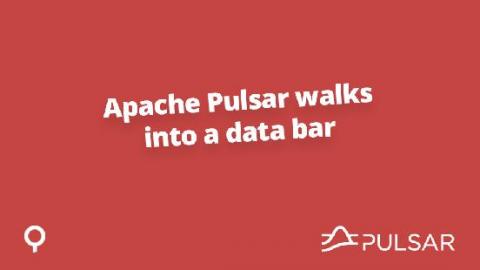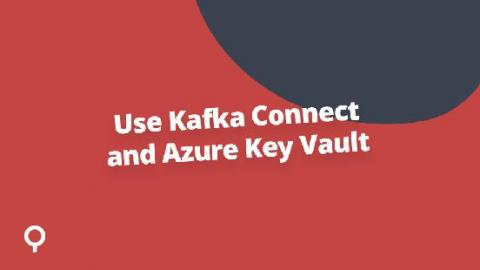Apache Pulsar walks into a data bar
Some time ago, the concept of event streaming was not that widespread. In addition to that, the platforms provided were much fewer than today, and required more technical depth to set up and operate. However, as time passed, those platforms matured, community grew, the documentation was improved and the rest of the world started to wake up to the advantages these platforms can bring to address the real-time experiences businesses need. And Apache Pulsar is a great example.










